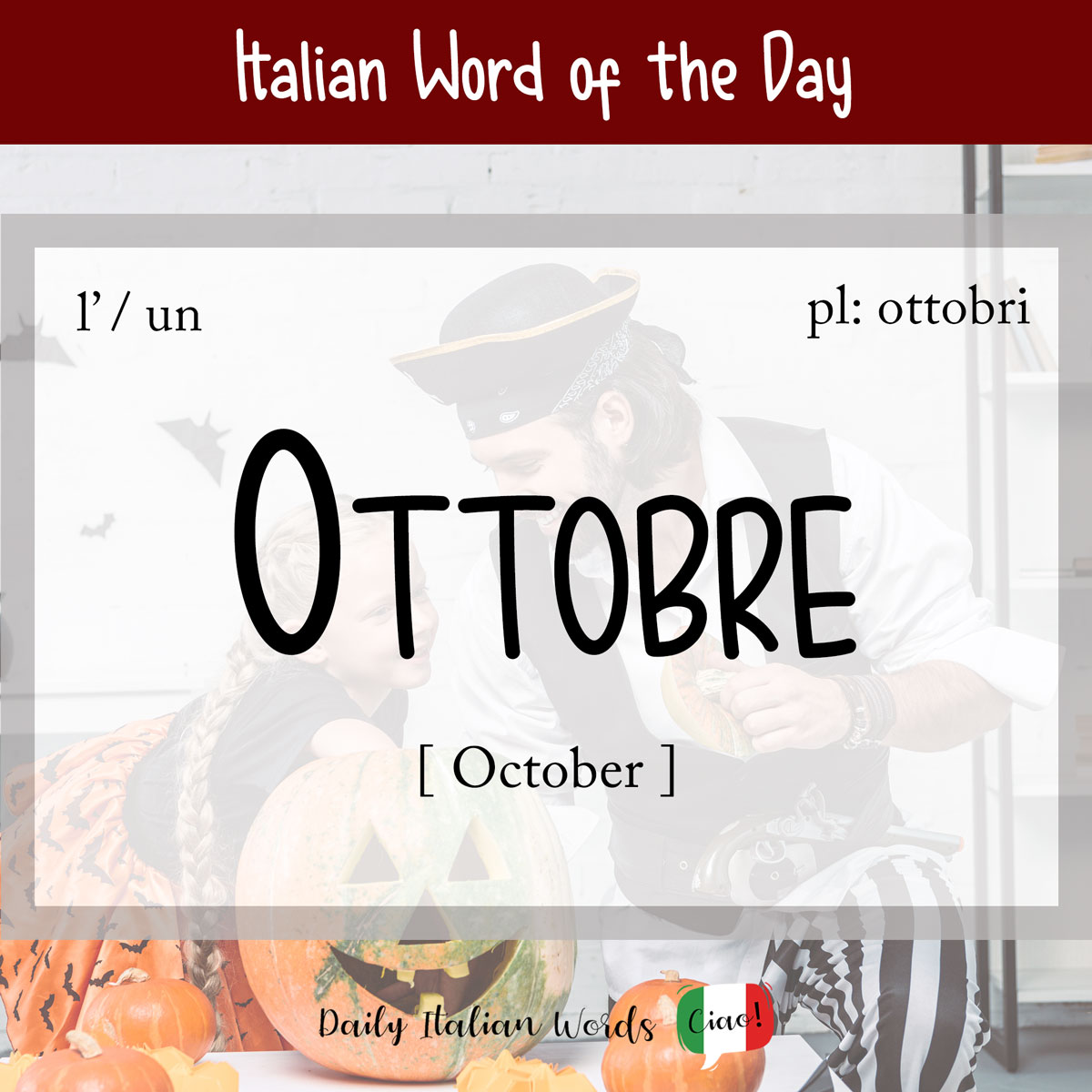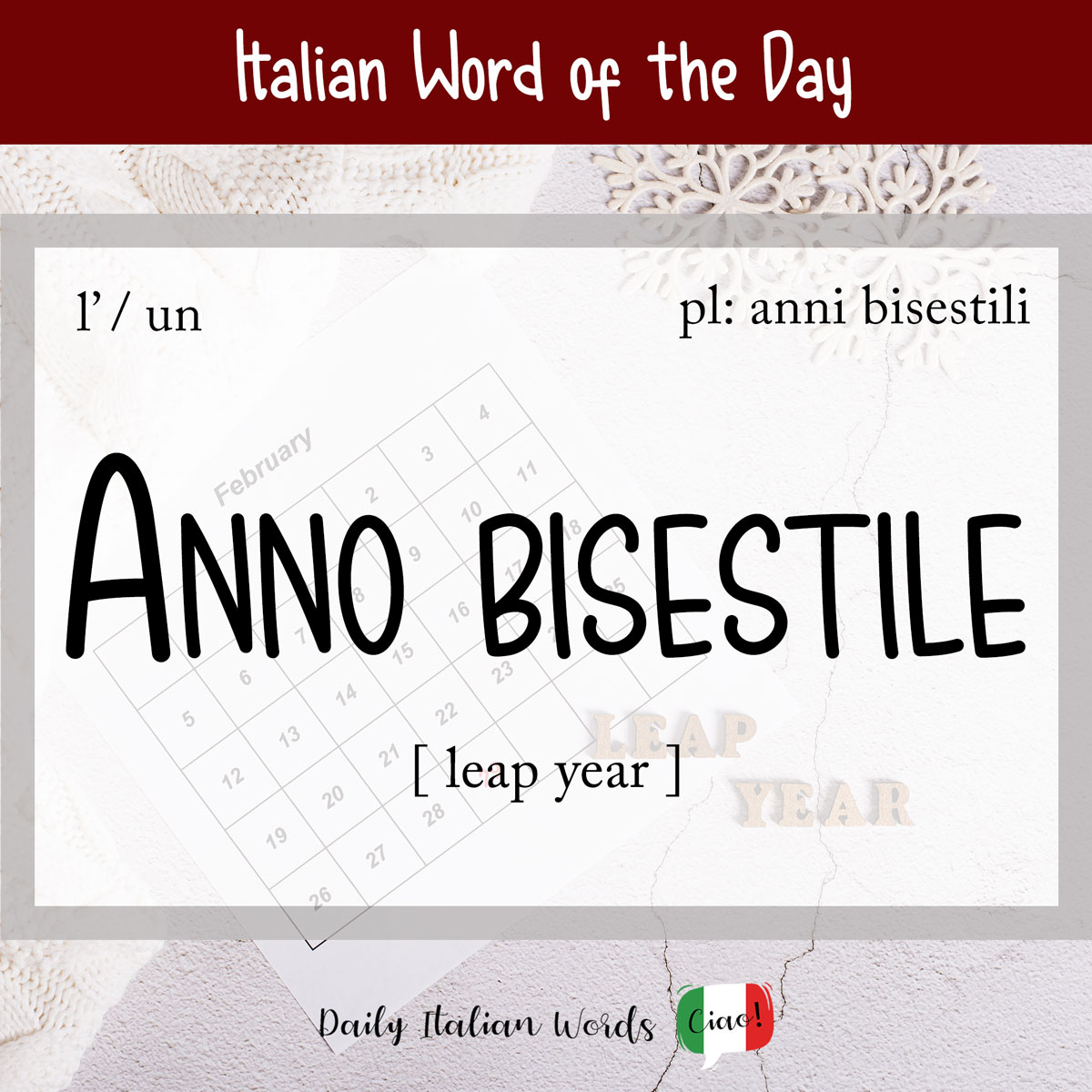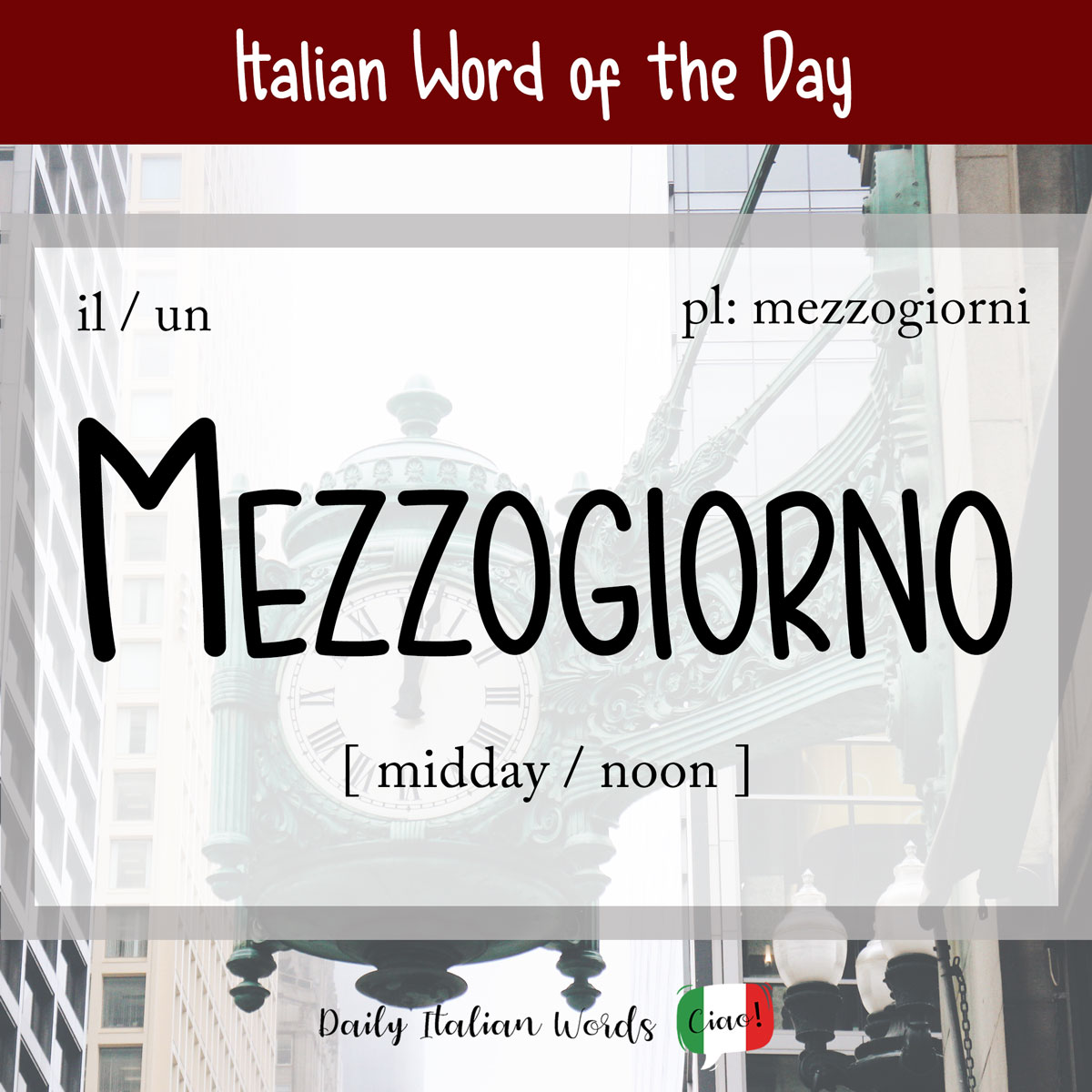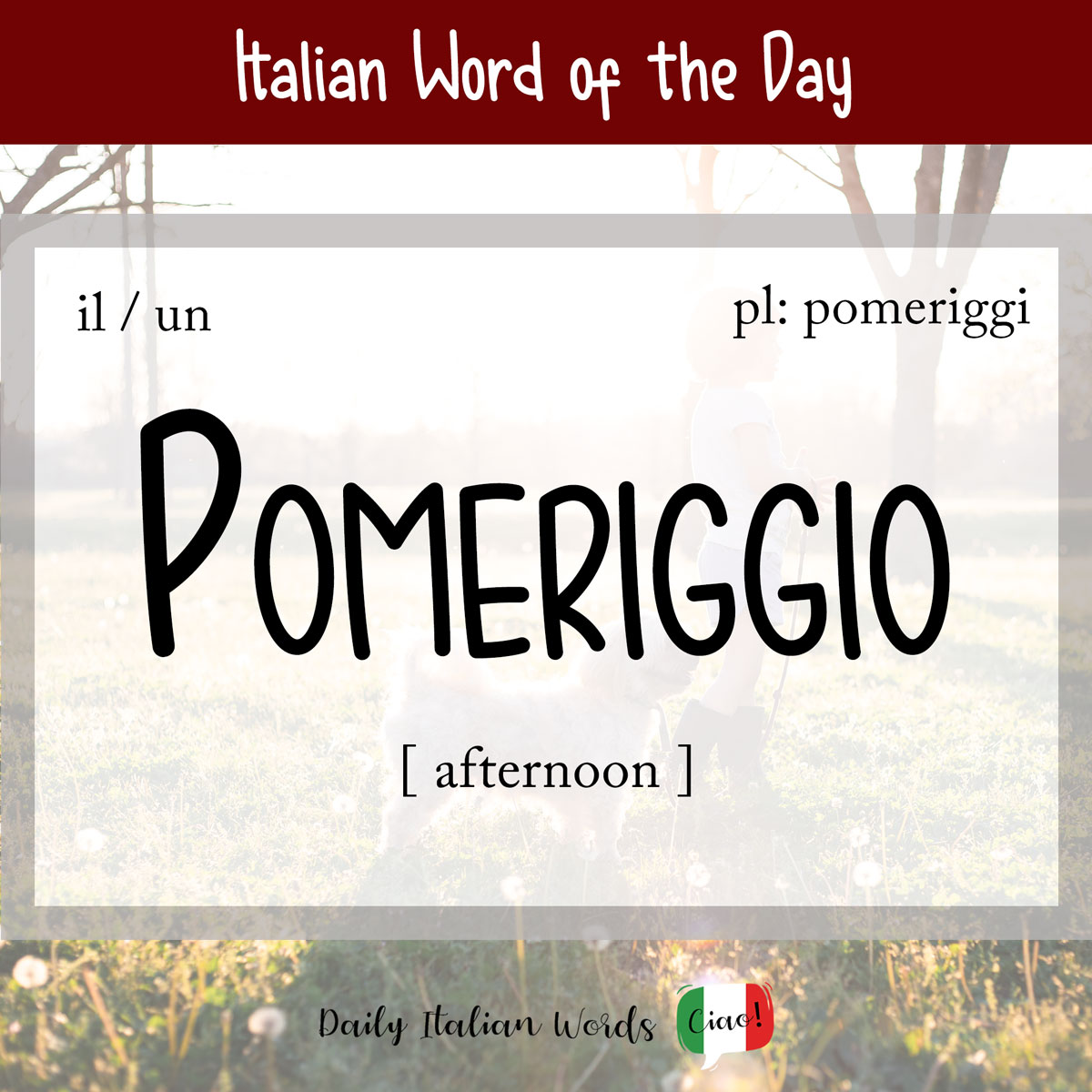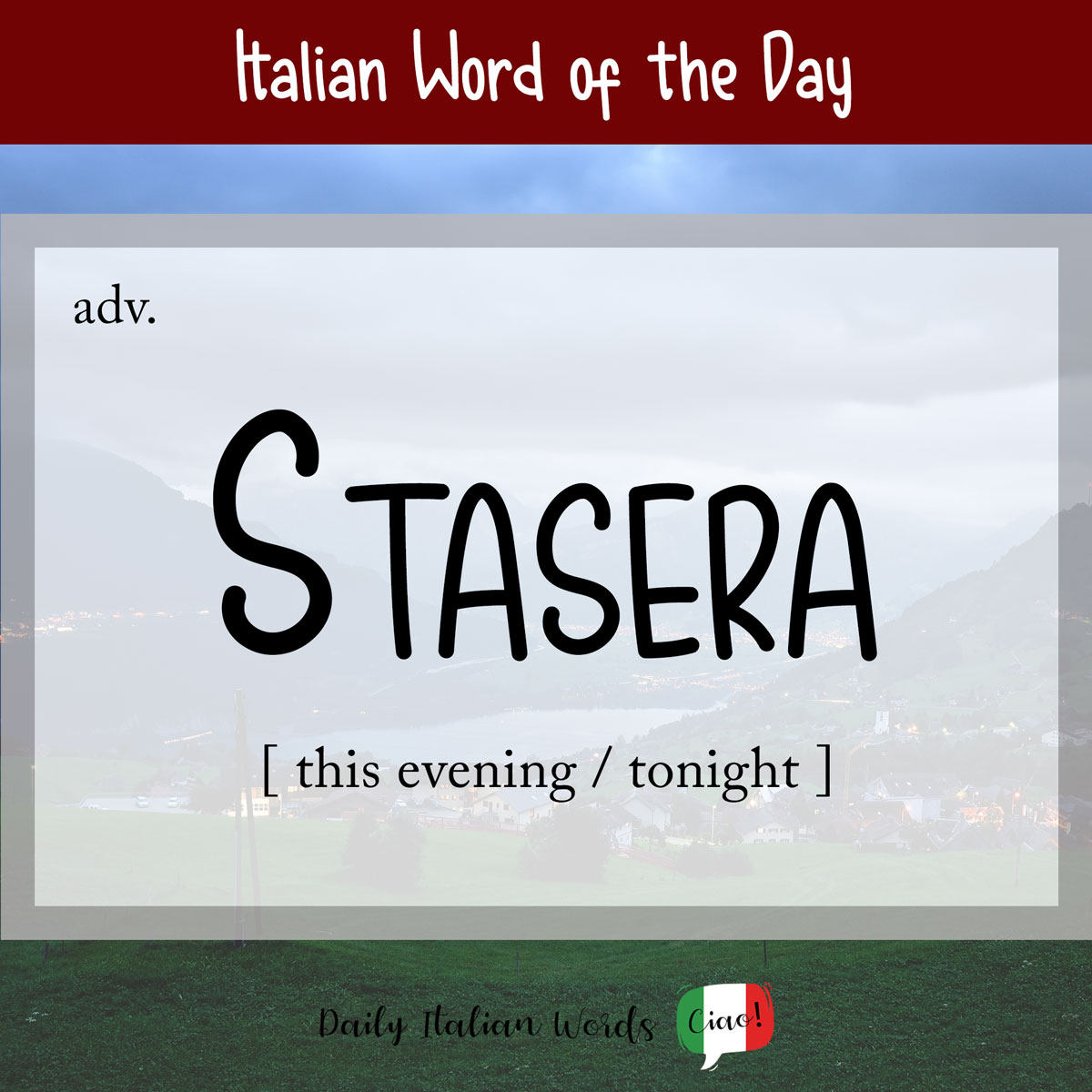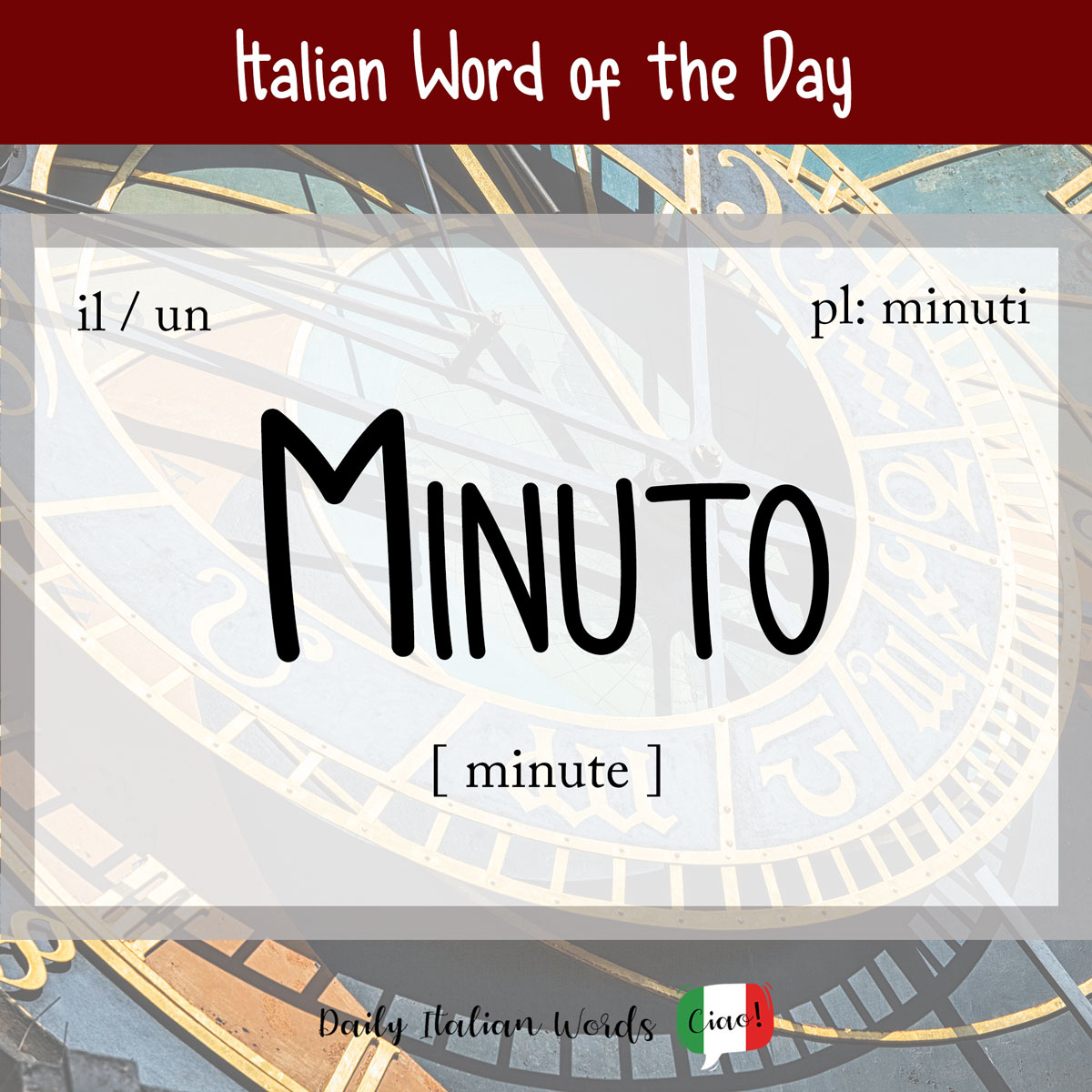Italian Word of the Day: Ottobre (October)
October—known as ottobre in Italian—has always been one of my favourite months. Perhaps it’s because autunno (autumn) is in full swing, with colourful leaves falling from the trees and a crisp breeze in the air that invites you to cozy up in your warmest maglione (sweater) and pantofole (slippers). ottobre October Ottobre is the tenth …

